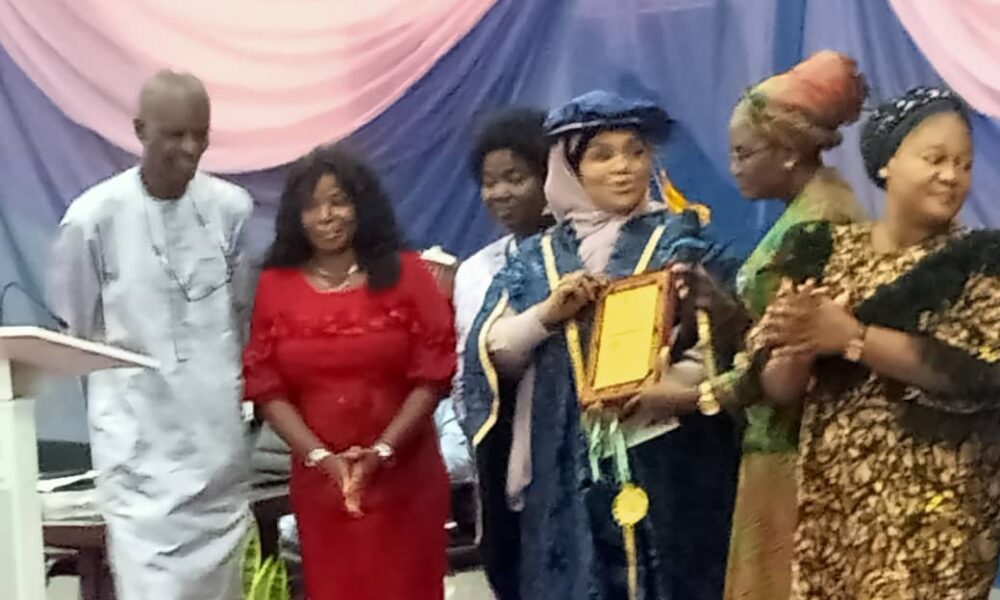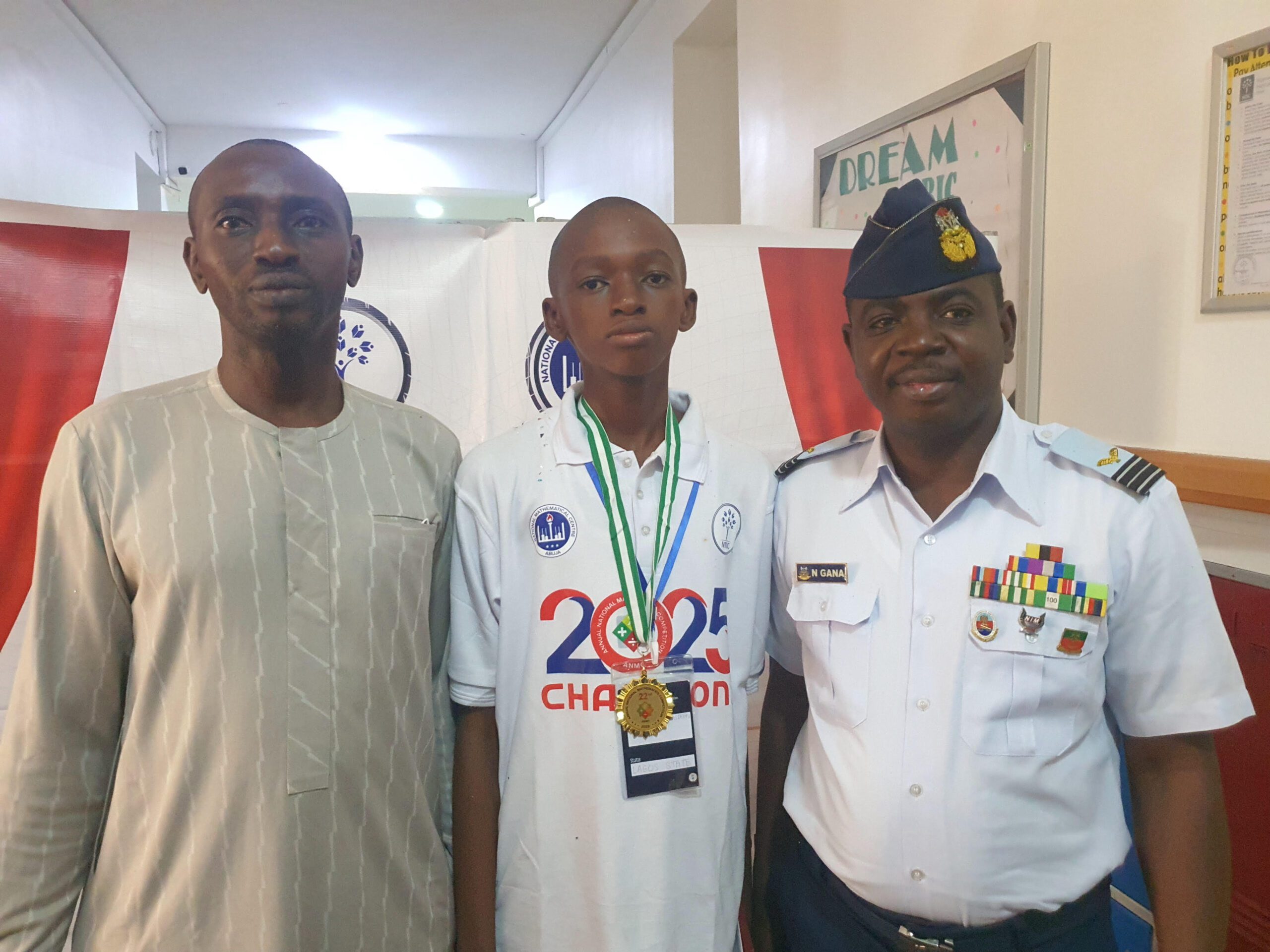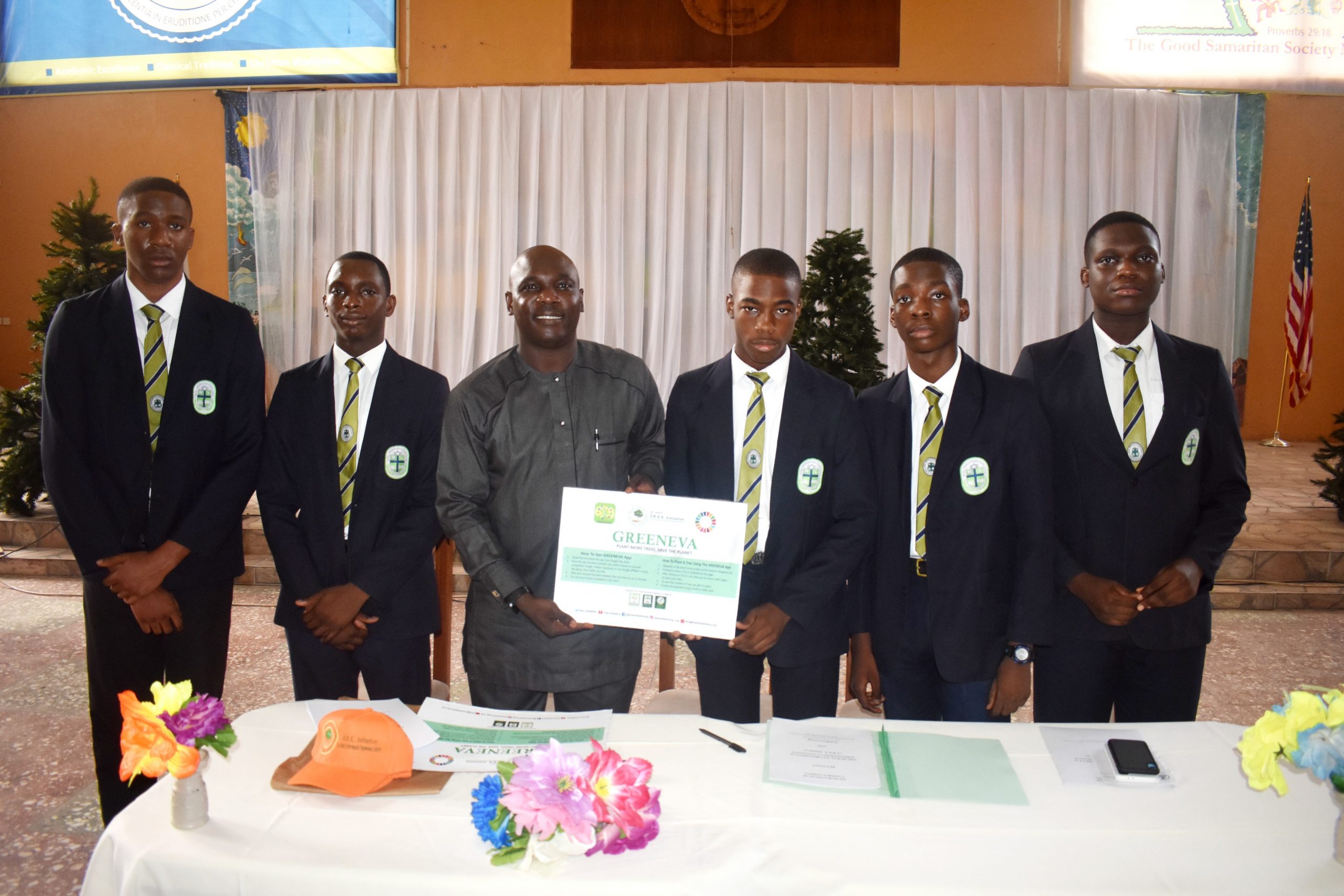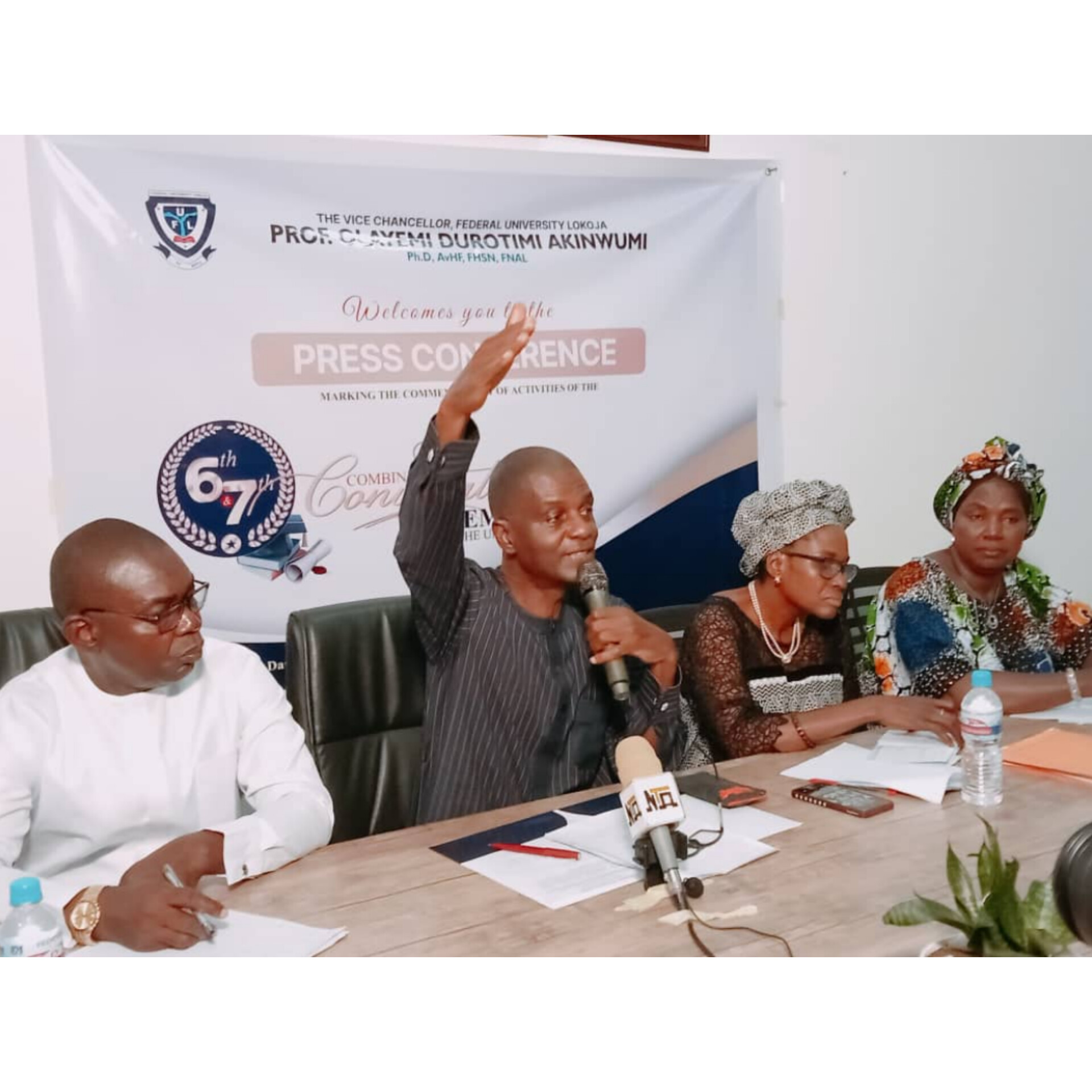By Friday Idachaba, Lokoja.
The Federal Government has expressed determination to tackle gender dimension of poverty by addressing discrimination, deprivation and deep inequality which have continued to hinder overall development of the country.
Prof. Tahir Mamman (SAN), Honourable Minister of Education disclosed this at the 9th Distinguished Public Lecture of the Federal University Lokoja (FUL) at the Felele Campus of the University in Lokoja.

The lecture was organised by the institution in collaboration with the Institute for Gender Studies (IGS) with the theme: “Addressing the Intersectionality of Poverty and Gender in North-Central Nigeria.”
The Minister who was represented by the Vice Chancellor of FUL, Prof. Olayemi Akinwumi, said that the theme of the lecture addressed an issue that is both important and germane to the socio-economic growth of the North-Central region and the entire country.
He described poverty as a persistent challenge in Nigeria, and especially, more pronounced in certain regions, including North-Central Nigeria. However, poverty cannot be viewed in isolation.
Prof. Tahir said, “As Minister of Education, I am particularly pleased with the choice of today’s theme because it aligns with the Federal Government’s commitment to gender equality and poverty alleviation.
“The Federal Government, under the leadership of President Bola Ahmed Tinubu, GCFR, is deeply committed to tackling these challenges because addressing these interconnected issues is crucial if we are to realize the full potential of our people and our nation”, he said.
In his opening remarks, Vice Chancellor of FUL, Prof. Olayemi Akinwumi, hinted that the Distinguished Public Lecture series was established as a platform to bring together scholars, policymakers, and the public to deliberate on key issues of national and global importance.
Akinwumi said the topic, “Addressing the Intersectionality of Poverty and Gender,” could not be more timely and relevant as “In North-Central Nigeria, poverty disproportionately affects women, limiting their access to education, healthcare, and economic opportunities.
“When compounded by cultural, social, and economic factors, these challenges become deeply embedded in the fabric of society, making it difficult to break the cycle of inequality.
“Research has shown that gender inequality worsens poverty, and poverty in turn reinforces gender disparity.
“Understanding this complex intersection and addressing it from a holistic perspective is essential if we are to make meaningful progress in reducing poverty and achieving gender equity”, he said.
The Guest Lecturer, Barr Dr Zainab Marwa-Ahubakar in her the lecture, “Addressing the Intersectionality of Poverty and Gender in North-Central Nigeria”, said there was need for community-driven collaborations with policy makers on issues of gender.
She hinted that from findings, 71.5 per cent of Nigerian women live below poverty line while 53 per cent have no access to Education with 43 per cent drop-out rate and among the educated, only 34 per cent are employed.
Dr Zainab Marwa-Abubakar said that the Institute of Gender Studies was out to build stronger and more resilient communities to address issues of intersectionality between gender and poverty.
“We want to promote gender equality, social justice and human rights, thorough education, health and well-being and of course, to encourage political participation, social protection and justice”, she said.
Highlight of the Distinguished Public Lecture was the investiture of the Dr Zainab Marwa-Abubakar with Advisory Membership of the Board of the Gender Studies in recognition of her Leadership prowess. (Ends)



